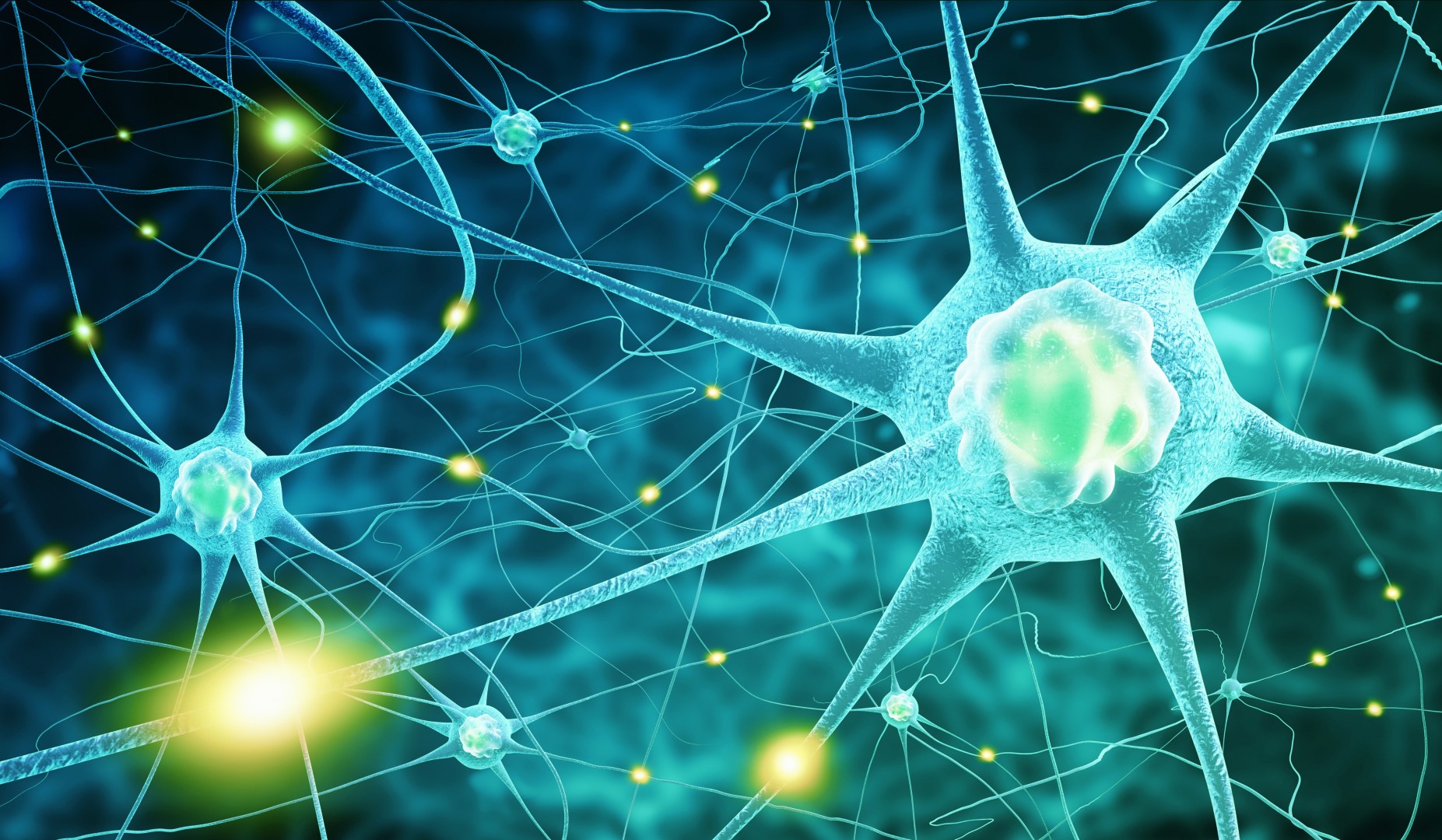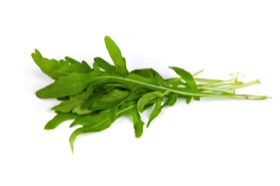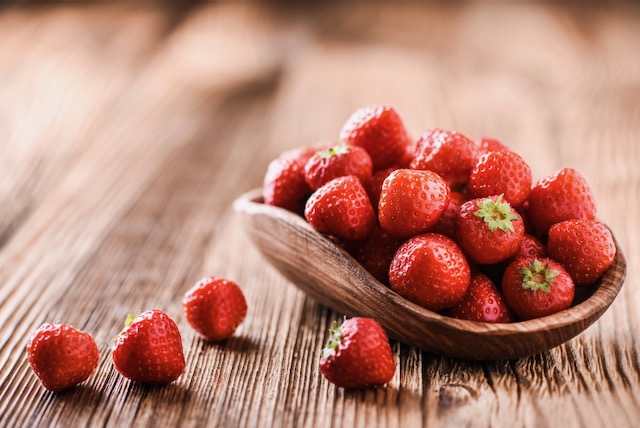
The
nervous system and digestive system are intricately interwoven. With so much talk about the vagus nerve online and in summits it is really important to explore all of the ways the digestive and nervous systems are connected to avoid the one-problem one-solution idea. You know when you think there is only one problem and one solution then you miss stuff. When every problem looks like a nail, you’ll only bring a hammer and may end up disheartened. And with indigestion.
As an example
the nervous system is an important part of letting the stomach know what kind of food we are eating so that it can then begin the digestive process and produce enough stomach acid to digest mineral rich, bitter or protein rich foods.
As another example of our connectedness is the nerves that are connected to the lumbar and sacral spine are very important for large and small intestinal motility and injuries to these areas, while they may have nothing at all to do with the vagus nerve, can have everything to do with digestive health.
While there is much to discuss here I love bringing it down to things that you or your clients or family can do right away. Here are five species of probiotics that you can find in most health stores and that can help support the nervous system:
Lactobacillus Plantarum
-Has been shown to improve constipation. Why do we care about constipation? Our digestive systems are the way out for toxins, both produced in our bodies and taken in from the environment. The longer those sit in our digestive systems (after the nutrients have been extracted) the more times our liver has to detoxify them. They go around in a process called autointoxication. Bleh! But anyway if our livers are busy on the roundabout of auto-tox-re-tox they can only do less of what they need to do for our hormone health, nutrient absorption, glucose regulation and more!
-I’m loving the cultured vegetable starter from Cutting Edge Cultures for getting more plantarum into my daily life. You can get vegetable specific starters at your local health store, online, even at amazon. Fresh cabbages almost always have some form of L. plantarum growing on them so if you’re making your Kraut without a starter you are likely to be culturing some. We know that these benefits of L. plantarum are stable even if the food is cooked, as in even if the bacteria themselves are no longer viable some of their benefits to the liver still exist.
Bifidobacterium Longum, Animalis ssp Lactis and Infantis
-All shown to improve constipation
-A good colony of bifidobacterium in the large intestine can support the beneficial colonies that create Butyrate and other short chain fatty acids. Short chain fatty acids protect and support the enteric neurons (digestive nervous system)
-This one looks pretty awesome
http://www.seroyal.ca/hmf-immunity-pro.html keeping in mind that the first ingredients are the ones that are in the highest amounts in products including probiotics AND the Animalis are first.
Many companies list the bifidum last because they are the most expensive to reproduce and are therefore under-represented in the supplement/probiotic industry.
Lactobacillus Fermentum ME-3-Dopamine produced by Clostridium species can slow motility when it is in excess. Lactobacillus Fermentium ME-3 and many other bacteria such as E Coli produce Glutathione which can degrade dopamine.
-Too much dopamine can have some pretty yucky consequences system-wide including
difficulty concentrating, depression, anxiety and much more so this goes beyond the gut into how we feel. Really shows the connections between our gut and brain.
Lactobacillus Casei
-Dramatically reduced constipation in study participants (I don’t know where to get this strain from the study as a probiotic other than Yakult beverages which I don’t consume but you CAN get L. Casei. Most of the bacteria featured in these studies become available for purchase shortly afterward so let’s stay tuned on this.)
Lactobacillus Casei Rhamnosus (AKA LGG)
-Has been shown to improve constipation
-Also called Lactobacillus Rhamnosus which you can find in many probiotics
–
Here is a link to Culturelle, which contains this bacteria
–
Here is a link to the Custom Probiotics Rhamnosus which has no gelatin capsule and no magnesium stearate!
Let me know how you feel about this and what you are going to make with these bacteria. What? Make stuff? Check out this weeks’ recipe for a probiotic popsicle
HERE.Here are some helpful links:
Read more




 The nervous system and digestive system are intricately interwoven. With so much talk about the vagus nerve online and in summits it is really important to explore all of the ways the digestive and nervous systems are connected to avoid the one-problem one-solution idea. You know when you think there is only one problem and one solution then you miss stuff. When every problem looks like a nail, you’ll only bring a hammer and may end up disheartened. And with indigestion.
The nervous system and digestive system are intricately interwoven. With so much talk about the vagus nerve online and in summits it is really important to explore all of the ways the digestive and nervous systems are connected to avoid the one-problem one-solution idea. You know when you think there is only one problem and one solution then you miss stuff. When every problem looks like a nail, you’ll only bring a hammer and may end up disheartened. And with indigestion.




